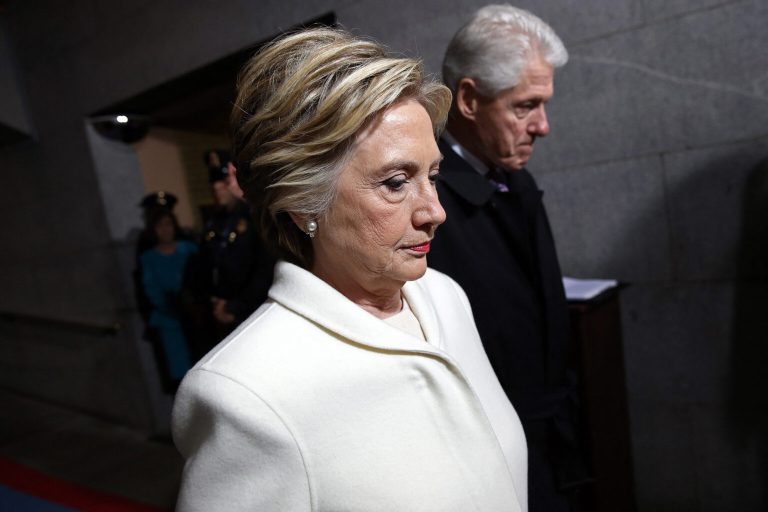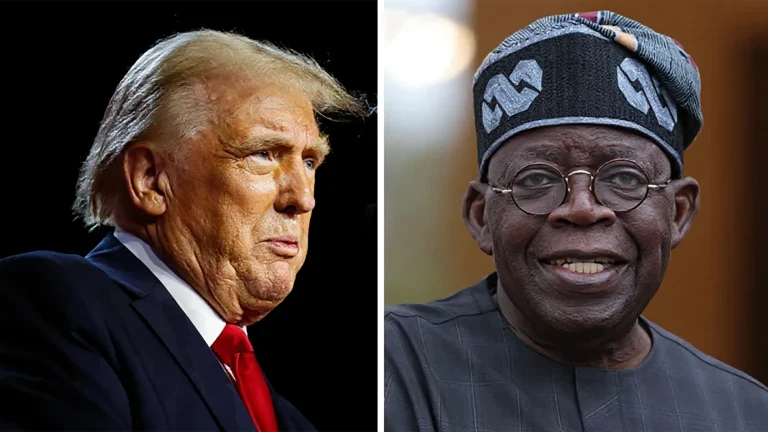
Lebanon’s Cabinet declared a two-week state of emergency Wednesday in Beirut and ordered the military to place under house arrest anyone involved in warehousing the explosive material that detonated at the city’s port.
The declaration effectively gives the military full powers after Tuesday’s massive explosion.
The exact cause of the blast was not clear, but Lebanese officials put the focus on what they said was tons of ammonium nitrate that had been stored at port warehouses for the past six years.
The explosion devastated entire neighborhoods, killing at least 135 people and injuring more than 5,000 others, Health Minister Hamad Hassan said Wednesday.
Beirut Gov. Marwan Abboud said the “apocalyptic situation” has left an estimated 300,000 people homeless.
Rescue crews continued their search Wednesday for survivors as Prime Minister Hassan Diab declared three days of mourning in the country.
Officials said they expected the number of victims to rise as crews worked their way through the rubble of damaged buildings and people searched for missing family and friends.
The explosion took place in the evening, sending a huge mushroom cloud into the sky and shock waves that blew out windows far from the port, overturned cars and damaged numerous buildings.
In the aftermath, hospitals were overrun with people seeking care. Survivors with their faces and clothes covered in blood were walking through the streets.
The World Health Organization said Wednesday three hospitals in Beirut were heavily damaged in the blast and are not currently functional. WHO said two other hospitals are only partly operational.
Lebanese leaders called for a quick investigation, with Diab pledging “those responsible will pay the price.”
President Michel Aoun, who called an emergency Cabinet meeting Wednesday, said those accountable would face “the most severe penalties.”
The international community has responded with condolences for the dead and offers to help the people of Beirut with recovery efforts.
French President Emmanuel Macron is visiting Beirut Thursday to meet with political leaders. France, the former colonial power in Lebanon, is sending emergency doctors and several tons of medical equipment.
Russia sent a military hospital along with 50 medical workers, while Qatar is dispatching field hospitals and medical aid. Iraq is sending its own crew of medical workers along with truckloads of medical supplies.
Tunisia offered to bring patients back to its hospitals for treatment.
Australia said Thursday it would contribute an initial round of $1.4 million in aid for Beirut, while Britain pledged a $6.6 million aid package and Hungary said it would donate $1.2 million to help with rescue and reconstruction efforts.
Germany sent about 50 search and rescue specialists along with search dogs from its civil protection organization to help search for people who may be stuck in the rubble.
U.S. Defense Secretary Mark Esper told the Aspen Security Forum Wednesday, “We’re reaching out to the Lebanese government, have reached out. We’re positioning ourselves to provide them whatever assistance we can, humanitarian assistance, medical supplies, you name it, to assist the people of Lebanon,” he said, clarifying that for now, there is nothing to suggest the explosion was triggered on purpose.
“Most believe it was an accident, as reported,” he said, adding, “It’s a shame to see it happen. When you see the video, it’s just devastating.”
But President Donald Trump said Wednesday he’s “heard it both ways” — that it could have been an accident or “a bomb.”
The U.S. State Department also said Wednesday that Secretary of State Mike Pompeo spoke with Diab Wednesday to reaffirm Washington’s “steadfast commitment to assist the Lebanese people.”
Presumptive Democratic presidential nominee Joe Biden expressed sympathy for the victims of the explosion and urged the Trump administration and the international community “to immediately mobilize assistance to the thousands injured in the blast.”
The blast has also compelled the Special Tribunal for Lebanon to postpone its verdict in the trial of four men accused of the 2005 bombing that killed former Prime Minister Rafik al-Hariri and 21 others.
The United Nations-backed court was scheduled to hand down a verdict on Friday, but the court said in an online statement Wednesday it would be postponed until Aug. 18 “out of respect for the countless victims of the devastating explosion that shook Beirut on 4 August, and the three days of public mourning in Lebanon.” (Text, excluding headline, courtesy VOA)








495703 680998It is practically impossible to find knowledgeable men and girls during this subject, nonetheless you sound like do you know what you are discussing! Thanks 732010